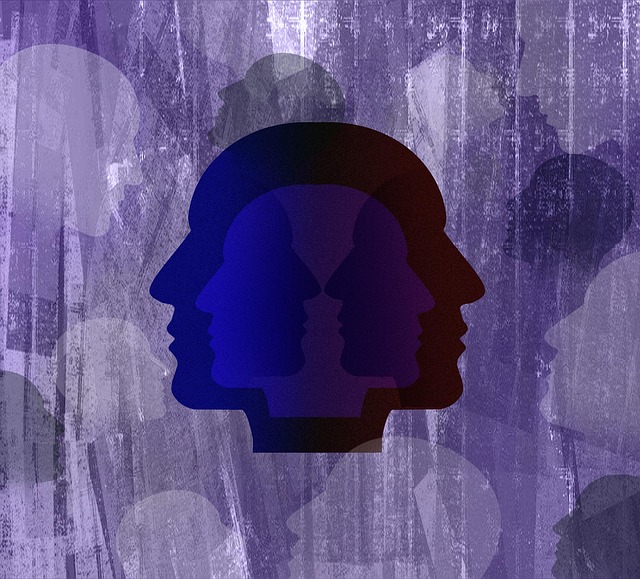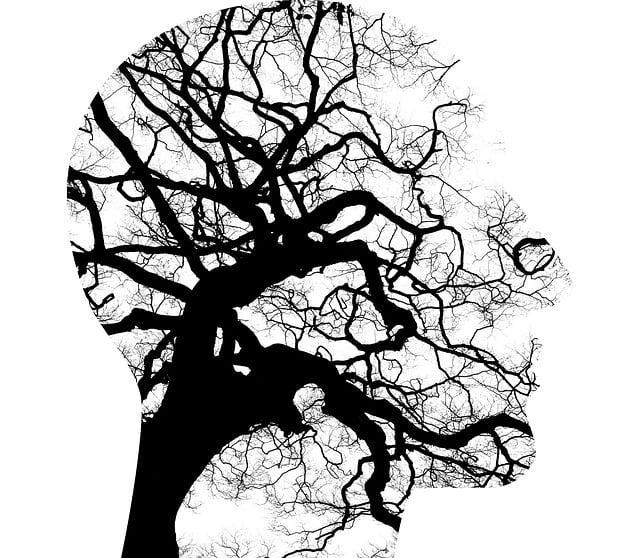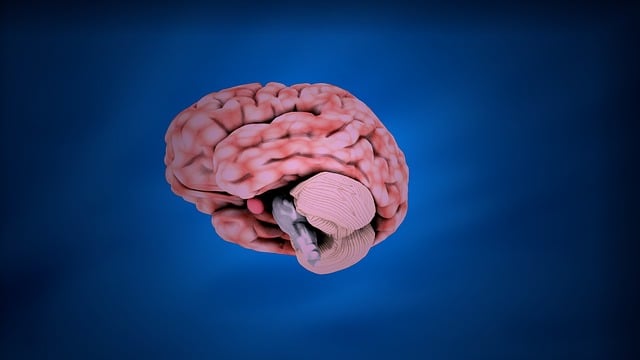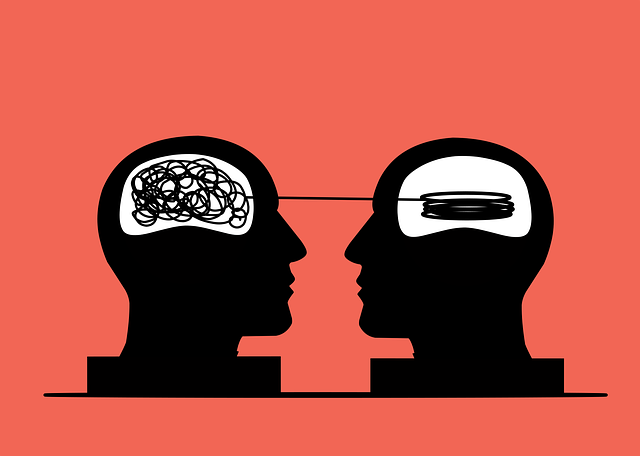Media portrayal greatly influences public perception of mental health, with positive depictions reducing stigma and negative stereotypes causing marginalization. Organizations like Arvada Bilingual Therapy combat this through tailored resources, advocating for diverse and empathetic media representations. They offer culturally sensitive care, using evidence-based methods to build resilience in immigrant and refugee populations. By challenging stigmatization and promoting authentic human experiences, media can foster understanding and encourage help-seeking behaviors, especially within diverse communities. Arvada Bilingual Therapy exemplifies this need for nuanced depictions, empowering individuals to take charge of their mental well-being.
Mental illness representation in media significantly influences public perception and mental health awareness. This article explores the impact of media portrayal, delving into how stigmatization is connected to these depictions. We present Arvada Bilingual Therapy as a cultural sensitivity approach, offering strategies for accurate and empathetic mental illness portrayals. By encouraging diverse and realistic representations, we aim to foster positive change and reduce the stigma surrounding mental health issues. These efforts are crucial in promoting understanding and support for those affected.
- Understanding the Impact of Media Portrayal on Mental Health Awareness
- Exploring Stigmatization and Its Connection to Media Representation
- Arvada Bilingual Therapy: A Cultural Sensitivity Approach
- Strategies for Accurate and Empathetic Mental Illness Depictions in Media
- Empowering Positive Change: Encouraging Diverse and Realistic Portrayals
Understanding the Impact of Media Portrayal on Mental Health Awareness

Media portrayal plays a pivotal role in shaping public understanding and perceptions about mental health issues. The way mental illness is depicted in movies, television shows, and news articles can significantly influence attitudes and behaviors toward individuals living with these conditions. Positive media representation, such as showcasing accurate portrayals of diverse mental health experiences, can foster empathy, reduce stigma, and encourage early intervention. It provides a platform for education and encourages open conversations about mental well-being.
However, negative or stereotypical depictions can perpetuate harmful misconceptions and lead to further marginalization of already vulnerable communities. For instance, media often portrays anxiety as a weakness or an overreaction, hindering the development of public awareness campaigns that promote understanding and self-care routine development for better mental health. Organizations like Arvada Bilingual Therapy strive to challenge these narratives by offering resources and support tailored to diverse populations. By actively engaging in the discourse, they contribute to the creation of more nuanced and empathetic representations, ultimately driving the need for effective solutions and anxiety relief.
Exploring Stigmatization and Its Connection to Media Representation

The way mental illness is portrayed in media significantly influences public perception and can either perpetuate or challenge societal stigmatization. Media representation often plays a pivotal role in shaping how individuals with mental health conditions are viewed, impacting their social integration and overall well-being. Arvada Bilingual Therapy recognizes this connection, emphasizing the importance of diverse, accurate, and empathetic media portrayals to foster Mental Health Awareness and reduce the stigma surrounding various disorders.
Stigmatization is a complex issue deeply rooted in cultural beliefs and historical contexts. When media portrays mental illness through stereotypical narratives or exaggerated symptoms, it can lead to misconceptions and further marginalize individuals who are already vulnerable. Conversely, positive representations that showcase the humanity and resilience of people with mental health challenges can foster understanding and encourage support. Implementing Social Skills Training and developing comprehensive Risk Management Planning for Mental Health Professionals become crucial tools in navigating this landscape, ensuring that accurate information is conveyed while providing a safe and inclusive environment for all viewers.
Arvada Bilingual Therapy: A Cultural Sensitivity Approach

Arvada Bilingual Therapy offers a unique approach to addressing mental health challenges by prioritizing cultural sensitivity. This therapy organization recognizes that mental illness affects individuals from diverse backgrounds, each with their own set of beliefs and experiences. Therefore, they tailor their services to cater to specific cultural needs, ensuring that every client receives personalized care. By providing therapy in multiple languages, Arvada Bilingual Therapy breaks down barriers often faced by immigrant or refugee populations, making mental health support more accessible.
Their methodology focuses on building resilience through effective communication strategies. Therapists employ evidence-based techniques to help clients manage stress and develop coping mechanisms that are culturally relevant. Additionally, the organization conducts workshops on stress management, empowering individuals with tools to navigate life’s challenges. This holistic approach not only addresses mental health issues but also fosters a sense of belonging and understanding, crucial for long-term well-being.
Strategies for Accurate and Empathetic Mental Illness Depictions in Media

Media has a significant role in shaping societal perceptions about mental health. To challenge stigmatization and promote understanding, accurate and empathetic depictions of mental illness are crucial. This involves employing strategies that go beyond mere representation; it’s about showcasing the human experience behind disorders like depression, anxiety, or psychosis. Storylines should prioritize authenticity, consulting with mental health professionals for advice on symptoms, treatments, and personal journeys can greatly enhance realism.
Additionally, media can foster positive thinking by highlighting resilience and recovery stories, showcasing diverse individuals from various backgrounds seeking help through avenues like Arvada Bilingual Therapy. Promoting conversations around burnout prevention and self-esteem improvement through relatable characters can encourage viewers to prioritize their mental well-being. These strategies not only educate but also inspire hope and empathy, contributing to a more inclusive and supportive society.
Empowering Positive Change: Encouraging Diverse and Realistic Portrayals

In the pursuit of fostering positive change and promoting mental health awareness, media plays a pivotal role in shaping societal perceptions. Encouraging diverse and realistic portrayals of mental illness is a powerful strategy to combat stigma and foster understanding. By presenting a wide array of experiences and narratives, media can showcase the intricate spectrum of mental health conditions, ensuring representation that goes beyond simplistic stereotypes. This shift in perspective empowers individuals, especially those from diverse backgrounds, to recognize their struggles and seek support, inspired by authentic representations on screen and in print.
Arvada Bilingual Therapy emphasizes the importance of these nuanced portrayals, particularly when it comes to Inner Strength Development. Realistic media depictions can equip viewers with a better grasp of mental health issues, encouraging empathy and fostering environments conducive to conflict resolution techniques. Ultimately, this approach contributes to creating a more inclusive and supportive society where individuals are emboldened to take charge of their mental well-being.
The media plays a pivotal role in shaping public perception of mental illness. By adopting strategies that promote accurate, empathetic, and diverse portrayals, we can challenge stigmatization and foster greater understanding. Initiatives like Arvada Bilingual Therapy demonstrate the power of cultural sensitivity in therapy, offering a roadmap for more inclusive media representations. Ultimately, harnessing the influence of media to normalize conversations about mental health is crucial for creating a more supportive society.












